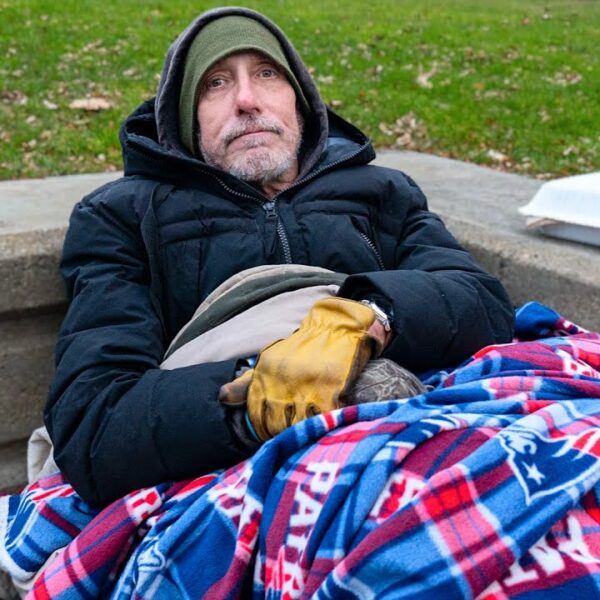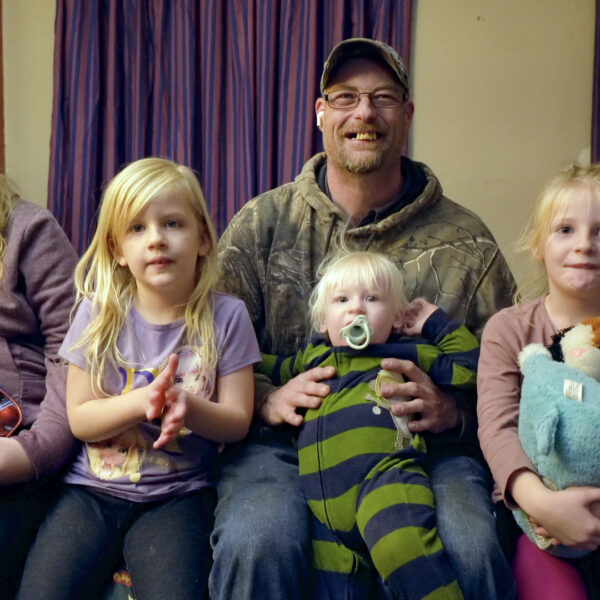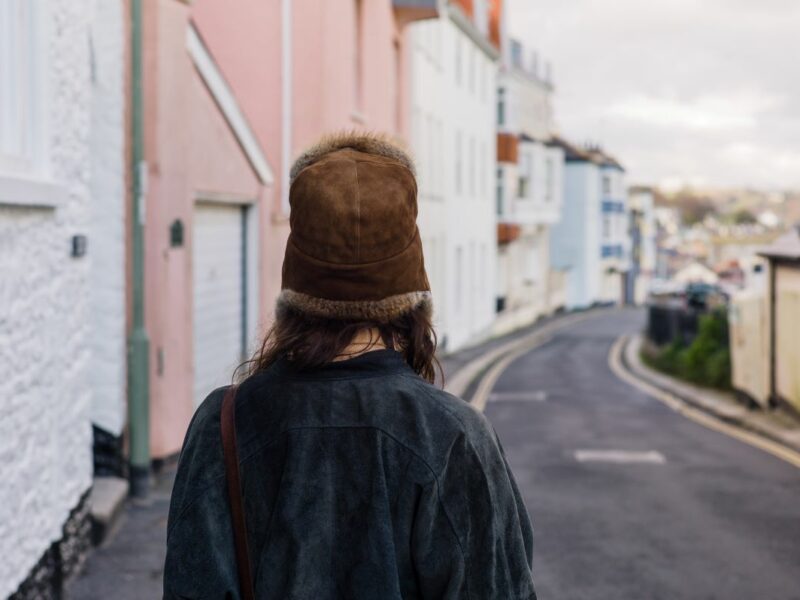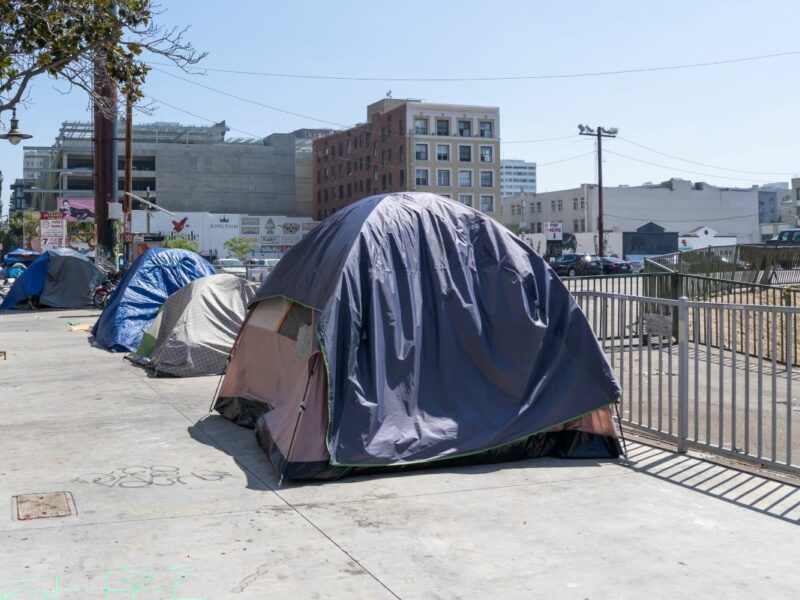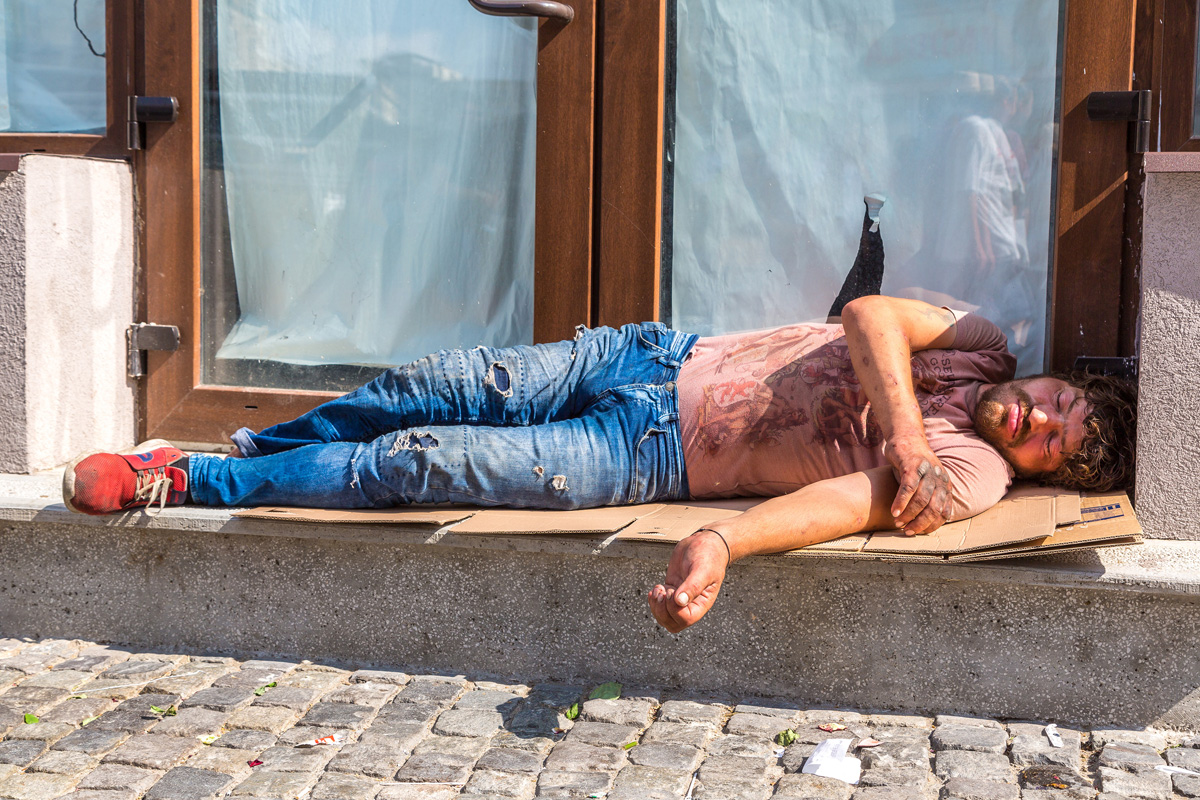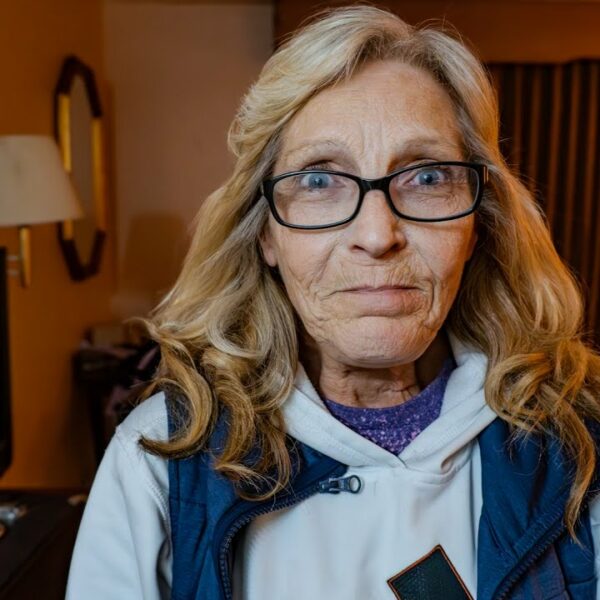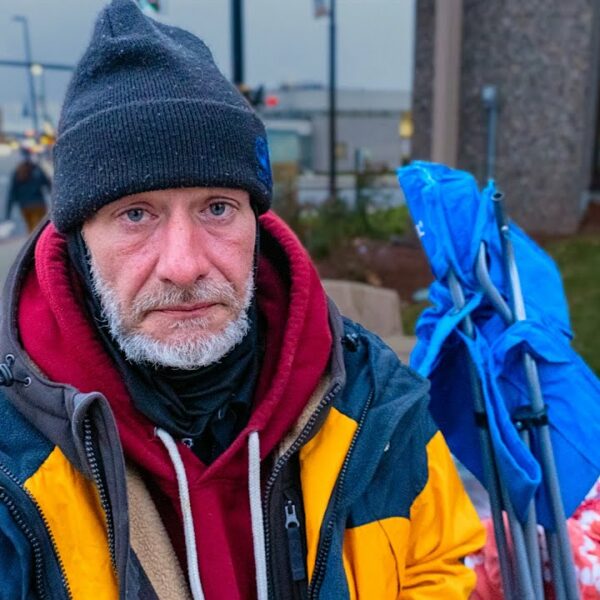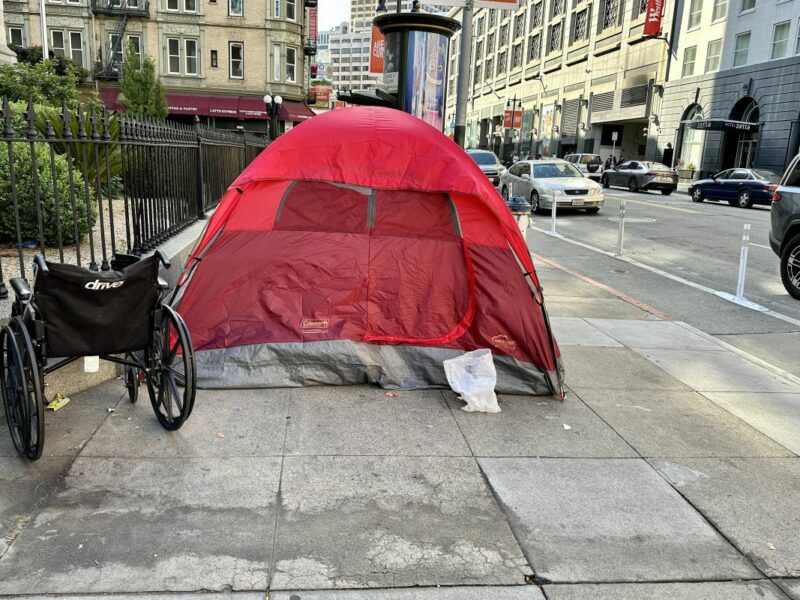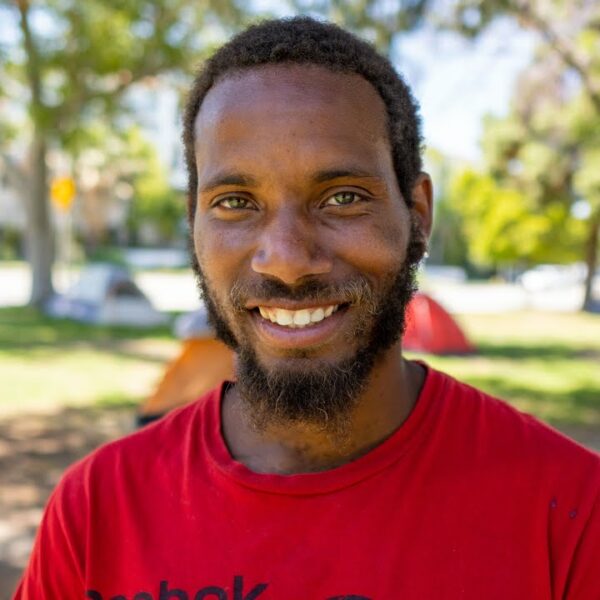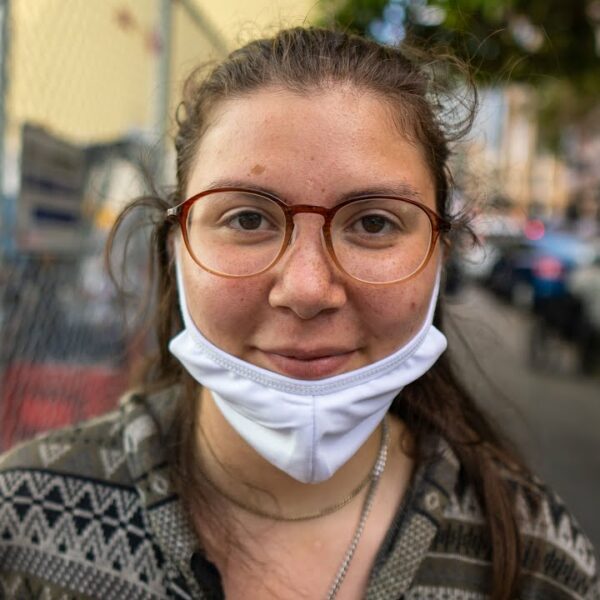Georgia Church Offers Cooling Station for Homeless People During Hot Weather
As the hot summer weather persists, health risks increase for vulnerable people. This summer is especially challenging, specifically for homeless people. Most public spaces where they seek shelter from the heat, like malls, libraries and churches, are closed due to COVID-19.
In central Georgia, it is pretty hot right now. To offer refuge during extreme heat, First Christian Church of Warner Robins transformed its fellowship hall into a cooling station for homeless people.
Pastor Bethany Aplequist recognized the church had an unused space due to COVID-19 and wanted to share the hall to help those in need. The cooling station allows homeless people to come inside to cool down. The church also hands out ice pops, cooling towels, bottled water, and several other items to offer relief.
How Hot Weather Affects Homeless People
While many celebrate scorching summer temperatures, it’s important to recognize the health risks this weather brings. Heat-related deaths can occur one to two days into a sudden rise in temperatures. Therefore, it is imperative to respond quickly to extreme heat.
Cooling off is crucial to protecting one’s health – this includes staying hydrated, showering and seeking shade. When one is living on the streets, however, it is challenging to find drinking water, showers and cool spaces. This has shown to be especially true during a pandemic when there is less social interaction. In addition, most homeless people lack safe storage space. The result is they often end up wearing extra layers or lugging heavy bags around all day.
It isn’t just people living on the streets who are affected in these ways, either. Shelter temperatures may not be air conditioned, and therefore don’t drop to comfortable levels during the night. What’s more is people cannot stay at the shelter during the day and are forced outdoors into the extreme heat.
Higher Incidences of Health Issues Increases Risks
Dehydration is one of the biggest health concerns of heatwaves and hot weather. It can also worsen health conditions like diabetes and high blood pressure.
It is a fact that homeless people generally have higher rates of chronic disease. They are also more likely to suffer from respiratory conditions, substance abuse and mental illness compared to the general population. Those that suffer from respiratory problems will have difficulty breathing in extreme heat. These conditions and risk factors increase the likelihood of heat-related morbidity.
Adding to their already high vulnerability, homeless people are more likely to experience social isolation as well as a lack of air conditioning and cognitive impairment, which increases their risk.
The First Christian Church of Warner Robbins Cooling Station
The First Christian Church of Warner Robbins is opening their cooling station to homeless people every Wednesday from 2pm to 4pm. The space allows people to social distance safely in a cool, relaxed, and comfortable environment.
Pastor Aplequist encourages the community to spread the word so that those in need can use the cooling station. The church is also accepting donations of water bottles, snacks, and other items to hand out to visitors.
Likewise, the cooling station is giving out masks and hand sanitizer for those in need.
How Cities and Homeless Charities Can Help During Hot Weather
There are many easy steps that cities and homeless charities can take to help reduce homeless’ deaths during hot weather.
Homeless charities can sign up for heat health alerts to prepare for a heatwave ahead of time. They should also raise awareness of heat risks and symptoms of heat exhaustion and heatstroke among staff members.
Charities should also communicate with local authority, public health, housing and emergency planning teams to coordinate heatwave responses.
Cities should review local plans considering COVID-19, prioritizing vulnerable people like homeless people. Cities should also increase access to cool or shady spaces for homeless people to access during hot weather. These areas should include both indoor and outdoor areas. Local authorities and other organizations can also convene to create more cool accessible spaces. Public drinking water, toilets, and air-conditioned buildings should be clearly mapped for people to access during the day.
A great idea for charities is to provide items that will protect homeless people from the sun and keep them cool and refreshed. These items include drinking water, refillable bottles, hats, sunglasses, sunscreen, and summer clothing. Local businesses and supporters can get involved by donating these items to charities that serve homeless people.
Charities could also arrange for safe storage of winter clothing and heavy bags so homeless people do not have to lug it around with them.
How the Public Can Help Homeless People During Hot Weather
If you want to help homeless people living on the streets during hot weather, ask them if they need water, sunscreen, hats, sunglasses, and food. Water is crucial to prevent dehydration during the hot summer days. Keep an unopened and chilled water bottle on hand to pass onto someone who may be thirsty on the street.
Remember to social distance, too. As with anyone, there may be a risk of coronavirus transmission with direct contact.
Another excellent idea is to ask a nearby café if they will allow you to ‘pay it forward’ by purchasing food items for homeless people to collect at their leisure. This could be something cooling or refreshing, like cold soup, salads, juices, or water.
If you see someone who is unconscious, confused, or has stopped sweating, call 911 immediately. While you’re waiting for assistance, try to lower their temperature by taking them to a cool space or putting cold water onto their skin or clothing.
Despite the uniquely difficult circumstances COVID-19 presents, the public and organizations such as the First Christian Church are rising to the challenge of protecting their vulnerable neighbors from the summer heat. It’s time to follow suit.



